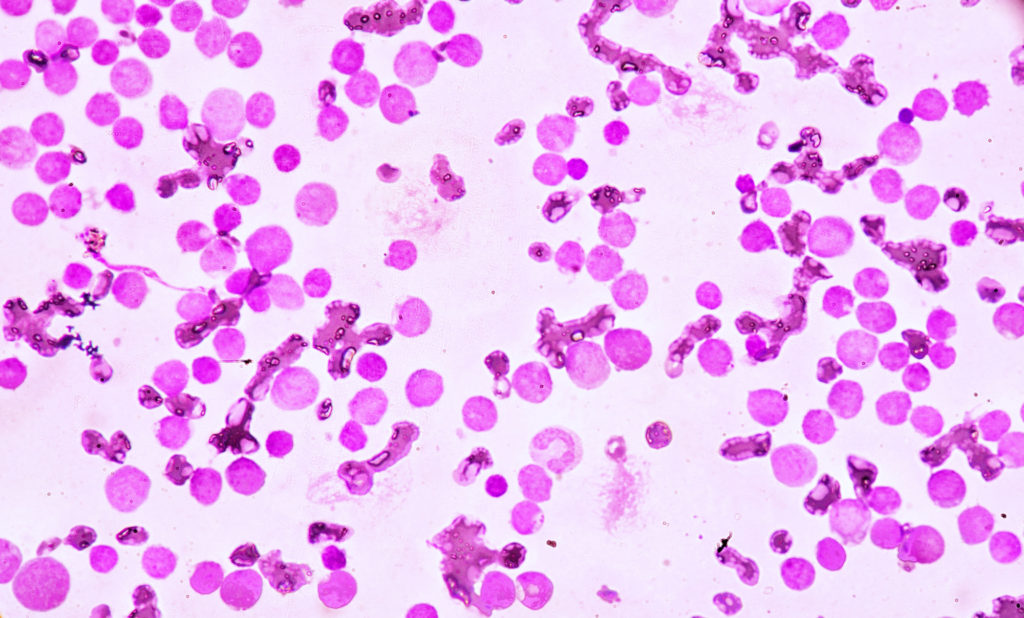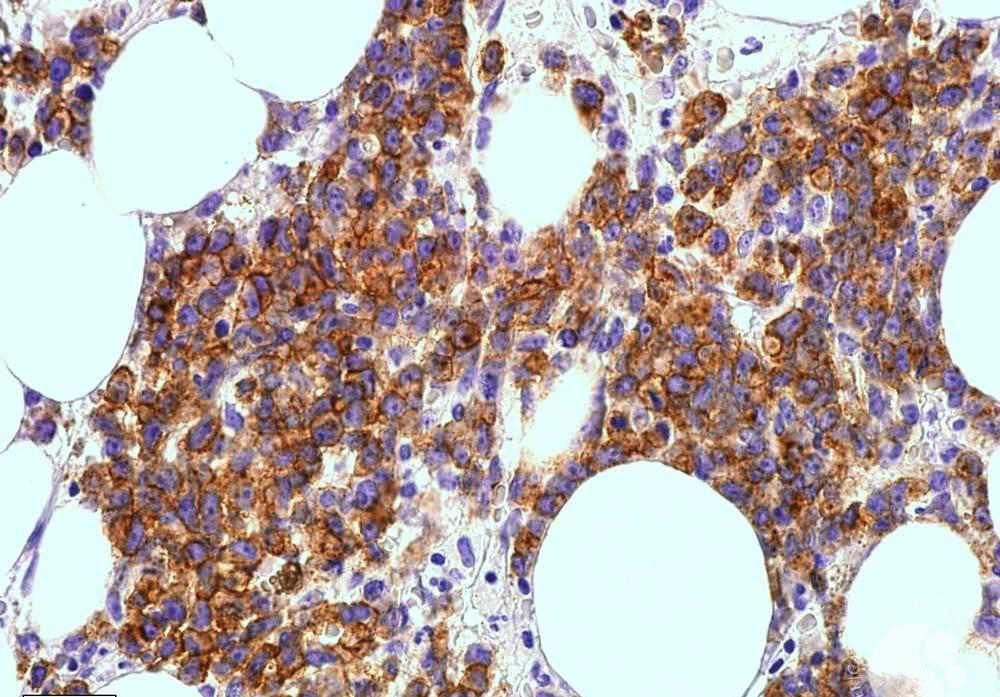
Our Target
Indications
Everything we do is about developing the most precise, targeted cancer therapies. These are the target indications on which we are unrelentingly focused.

Ovarian Cancer
Ovarian cancer is a disease in which malignant cancerous cells are found near or on the ovaries. It is a leading cause of gynecologic cancer mortality worldwide and responsible for over 150,000 deaths each year (1). Standard-of-care treatment for newly diagnosed women involves surgery and adjuvant platinum- and taxane-based combination chemotherapy; however, 80% of patients will relapse during or after treatment with eventual drug resistant disease (2). Unmet need is considerable, and we are working to develop novel, targeted therapies for women with ovarian cancer.
Learn More about our clinical trials
Information for patients and caregivers
1.Ferlay J, Soerjomataram I, Dikshit R et al. Cancer incidence and mortality worldwide: sources, methods and major patterns in GLOBOCAN 2012. Int. J. Cancer 136(5), e359–e386 (2015).
2. Davis A, Tinker AV, Friedlander M. ‘Platinum resistant’ ovarian cancer: what is it, who to treat and how to measure benefit? Gynecol.Oncol. 133(3), 624–631 (2014).

acute myeloid Leukemia
Acute myeloid leukemia (AML) is a cancer of the bone marrow and blood. AML is the most common type of acute leukemia and is the leading cause of mortality from leukemia in the United States. Despite recent treatment advances, outcomes for patients with AML remain unacceptable as most patients are difficult to cure. Novel targeted therapies provide patients the potential for greater cure rates and less burden of toxicity.

blastic plasmacytoid dendritic cell neoplasm
Blastic plasmacytoid dendritic cell neoplasm (BPDCN) is a rare form of blood cancer that has features of both leukemia and lymphoma. The treatment options for patients with BPDCN are limited; response to treatment is short and second remission with conventional chemotherapy is difficult to achieve. Although there is no standard of care yet, recent targeted therapies suggest the potential for a brighter future for these patients.
